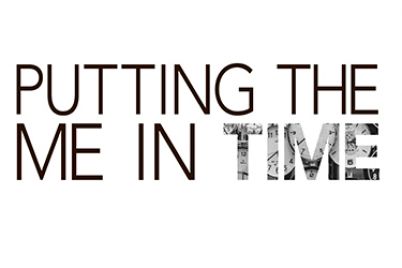
Brent Castillo color illustration of child, dressed as artist, pulling a little red wagon loaded with his artwork. Wichita Eagle 2001 With FAM-ARTWORK, Knight Ridder by Suzanne Perez Tobias
By Jenee Gregor
Deputy Editor
Remember the saying, ‘to color between the lines’? When did the line become the problem, and why can’t the lines be part of the grand scheme of the drawing rather than something that requires strict adherence.
The rules aren’t the problem, discipline can be highly beneficial for focus, but can also direct away from creativity.
Ken Robinson, in a TED talk titled, “Do Schools Kill Creativity?” discusses this. “The problem is to remain an artist as we grow up. I believe this passionately, that we don’t grow into creativity, we grow out of it. Or rather, we get educated out of it. So why is this?” Robinson said.
He talks about when children are young, they do not fear to be wrong, until they are taught, they are able to explore and grow their minds into different directions, without fear. That fear of fault keeps them between the lines on the pages and that is not where innovation is born.
Innovation is born out of trial and error. Innovation is born out of exploration and not the fear of being wrong but the possibility of being right.
The creative principle is slowly being separated out of institutionalized education. Robinson also talks about the hierarchy of education that starts with math and languages, to humanities and then to arts. And with the arts, art and music take precedence over drama and dance.
Some children are dancers, some are singers and they may be lead astray from these passions to sit at a desk removed from where they excel.
This is tricky because in the reality of school systems there is a shortage of teachers, funds and time. The schools are rigorously tested to make sure they deserve the funding they get with standardized testing.
Columbia University’s text on standardized testing says this about the cons: “Standardized testing causes many teachers to only “teach to the tests”.
This practice can hinder a student’s overall learning potential. With the stakes getting higher and higher for teachers, this practice will only continue to increase. The sad reality is that it fosters an atmosphere that is boring and lacks creativeness. Teachers have such pressure to get their students ready for these exams that they neglect to teach students skills that go beyond the tests.”
The fact that students are moved away from creativity is recognized, but is there a change in sight? As specific college degrees become less important but experience and creative problem solving is highly valued, should education shift to meet this demand?


